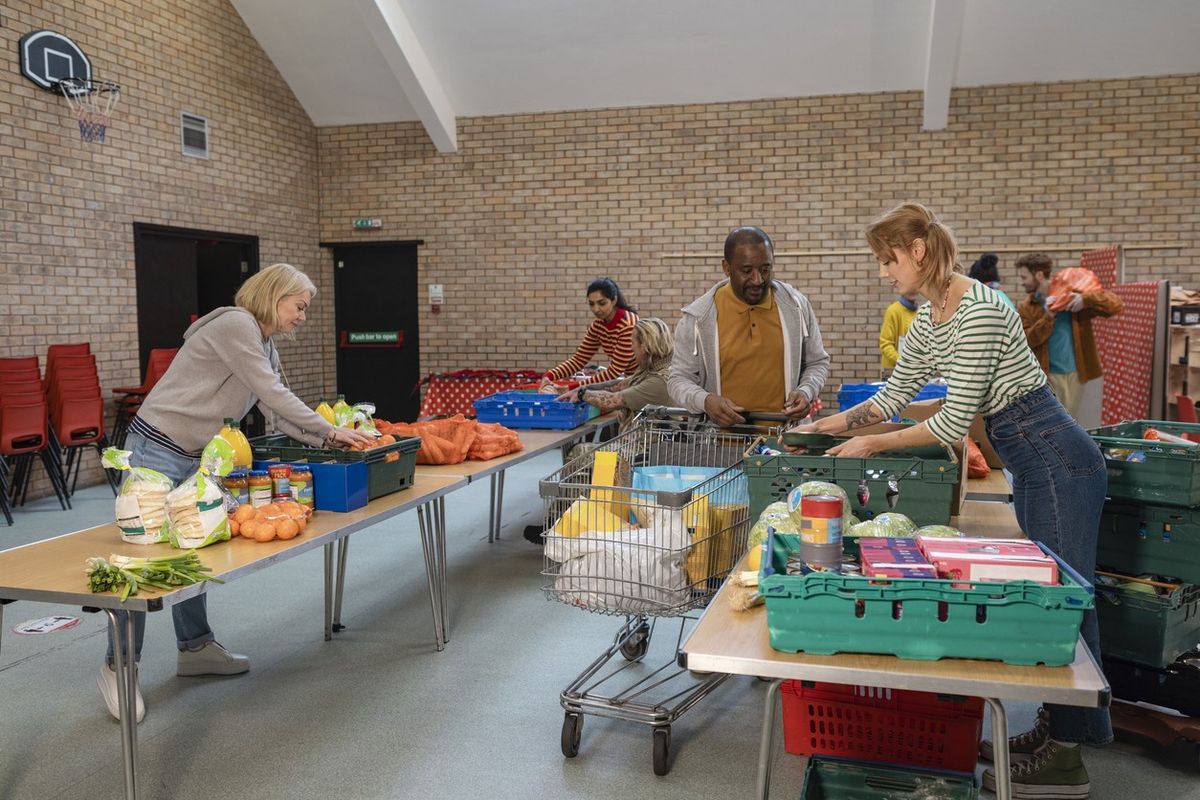A record number of people in Britain say they are struggling to make ends meet, according to a major new study that underscores the ongoing economic pressures facing consumers – and the potential knock-on effects for retailers.
The latest British Social Attitudes report by the National Centre for Social Research (NatCen) reveals that 26 per cent of people now say they are finding it difficult to live on their current income, the highest level ever recorded in the survey’s four-decade history. This figure is up sharply from 16 per cent before the pandemic.
The findings come a year after Labour returned to power promising to rebuild the economy and improve public services. But despite a shift in political leadership, consumer confidence remains fragile. The report shows that only 35 per cent of people say they are living comfortably, a record low, down from 50 per cent pre-COVID.
Even as inflation has eased from its recent peak, 67 per cent say their incomes are still not keeping pace with prices. While this is a slight improvement from the 70 per cent recorded during the height of the cost-of-living crisis in 2023, it remains significantly higher than pre-pandemic levels.
For grocery retailers, particularly those serving value-focused or price-sensitive customers, the data suggests that economic concerns remain deeply entrenched and could influence shopping behaviour well into 2025.
The report also highlights broader dissatisfaction with the state of public services, notably the NHS, which could fuel wider pessimism about the country’s direction. Nearly six in ten (59 per cent) say they are dissatisfied with the health service – up from just 25 per cent in 2019.
Meanwhile, attitudes toward taxation reflect growing strain among lower and middle-income households. Over 60 per cent believe taxes are too high for those on low incomes, while 44 per cent say the same about middle earners. However, there is growing support for higher taxation of the wealthy, with 44 per cent saying those on high incomes pay too little.
that while the public continues to look to the government for solutions, there is increasing wariness about policies with visible “winners and losers” – a dynamic that could complicate Labour’s path forward.
“The public are well aware of Britain’s problems – not least those of a failing health service and an economy in which many are struggling to make ends meet. Yet rather than turning their back on the state, for the most part, the public are still inclined to look to government to provide solutions,” NatCen’s Senior Research Fellow, Professor Sir John Curtice, noted.
However, he added that the increasing wariness about policies with visible “winners and losers” could complicate Labour’s path forward.
“Pursuing economic growth rather than tax rises as the route out of fiscal constraint will not necessarily be the easier path for Labour to tread,” he said.


